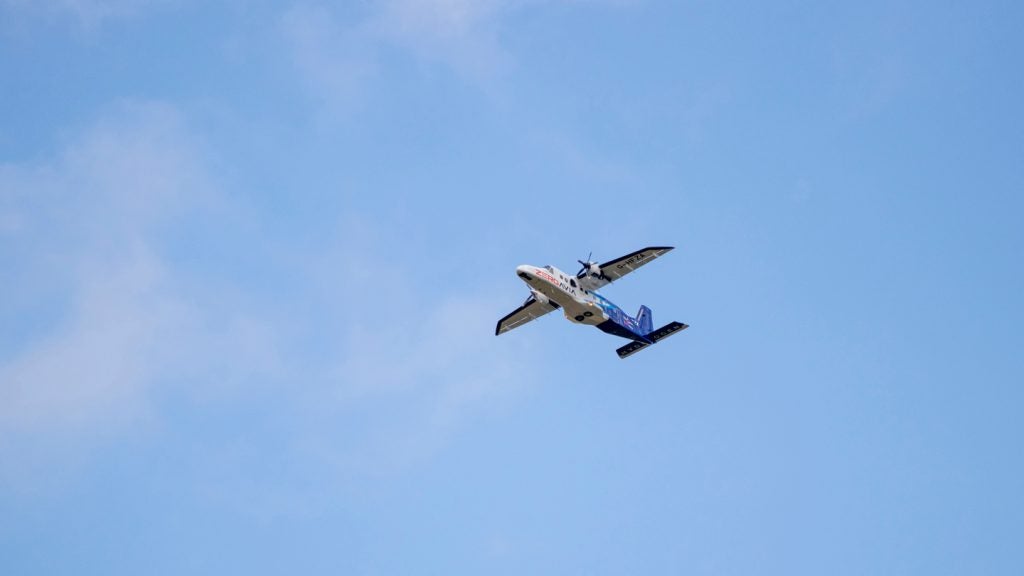The Indian Government has reportedly approved to deploy body scanners at 84 airports in the country by March next year.
Among the 84 airports, 28 have been classified as hyper-sensitive airports and the remaining 56 as sensitive.
In an official circular sent to the airports in April, Bureau of Civil Aviation Security (BCAS) was quoted by PTI as saying: “Walkthrough metal detectors and handheld metal detectors cannot detect non-metallic weapons and explosives. Body scanners detect both metallic and non-metallic items concealed on the body.
“Scanner shall provide an image-free solution using a generic mannequin. Threats shall be graphically presented.”
The new scanners are based on millimetre wave technology. They will replace existing equipment such as door frame, walk through metal detectors and handheld scanners at the airports, according to the circular.
The new equipment is said to be safe for use by all kinds of passengers, including pregnant women, as they will not be subject to harmful X-ray radiation.
How well do you really know your competitors?
Access the most comprehensive Company Profiles on the market, powered by GlobalData. Save hours of research. Gain competitive edge.

Thank you!
Your download email will arrive shortly
Not ready to buy yet? Download a free sample
We are confident about the unique quality of our Company Profiles. However, we want you to make the most beneficial decision for your business, so we offer a free sample that you can download by submitting the below form
By GlobalDataPassengers will be required to remove belts, shoes, jackets and thick clothing, as well as all metal objects prior to entering the body scanner, reported the news agency citing the circular.
By using the new scanners, airports can also meet the requirement of screening around 300 passengers in one hour.
However, a small number of passengers, about 10%, might still be required to undergo random full pat-down searches.
Meanwhile, the remaining airports across the country have been allotted two years of time to introduce the scanners.







